
Puerto Rico’s group business activity is kicking off strongly this summer, with 70 events — including conferences, annual meetings and sports activities — already lined up for the season.
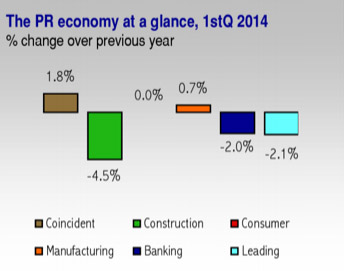
Puerto Rico needs to find its “true north,” by aligning all of its efforts and resources toward achieving economic growth and job creation, or risk experiencing an outcome “much worse than has so far been imagined,” said economist firm H. Calero Consulting Group in its most recent edition of “Compass,” an internal publication.

Broadband Internet adoption in both the residential and business sectors is vital for Puerto Rico’s economic development because it can serve as a tool to create jobs and promote businesses, said Naji Khoury, president of Liberty Puerto Rico.
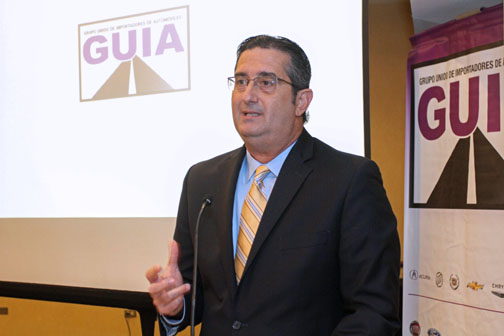
Automotive sales in Puerto Rico and the U.S. Virgin Islands went into a freefall last month, when results were down 15 percent in comparison to the same month last year, the United Automobile Importers Group (known as GUIA for its initials in Spanish) informed Tuesday.
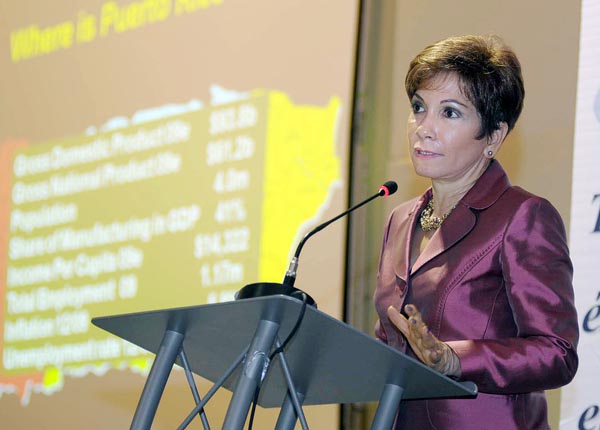
The indication by members of Gov. Alejandro García-Padilla’s administration of a slight economic recovery over the past two fiscal years is “simply a mirage,” and it will take significant adjustments to achieve the growth predicted for coming years, economist firm H. Calero Consulting Group Inc. said in its most recent monthly publication.
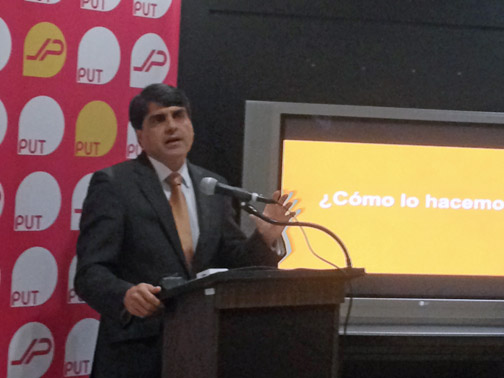
The Puerto Rico Planning Board is working on an integrated plan to streamline and update the process of gathering, analyzing and releasing statistics, seeking to strengthen the numbers available for the island’s economic activities, agency President Luis García-Pelatti said Wednesday.

Integrating the Puerto Rico Film Commission into the Economic Development and Commerce Department will “help align Puerto Rico’s strategies to promote the film industry, while generating efficiencies to maintain the Film Fund,” said the latter agency’s Chief Alberto Bacó-Bagué Wednesday.

The Puerto Rico Planning Board released Tuesday its economic projections for Fiscal years 2014 and 2015, in which it is estimated a base growth in real Gross Domestic Product of $6.5 billion million this year, representing an increase of 0.1 percent compared to Fiscal 2013.

The Puerto Rico Products Association held its annual convention this weekend, when it unveiled its proposals for economic development as well as elected its new board of directors.
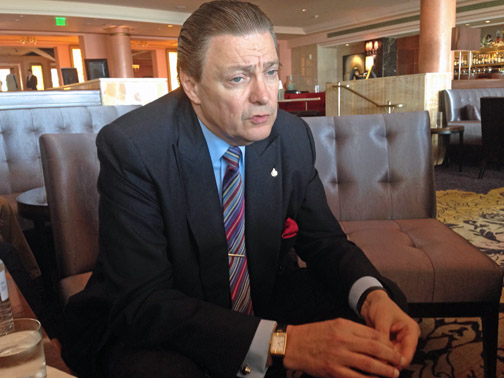
Puerto Rico is in hot pursuit of the wealthiest stateside investors, with the public and private sectors banding together to showcase the benefits — both legal and natural — that the island has to offer.
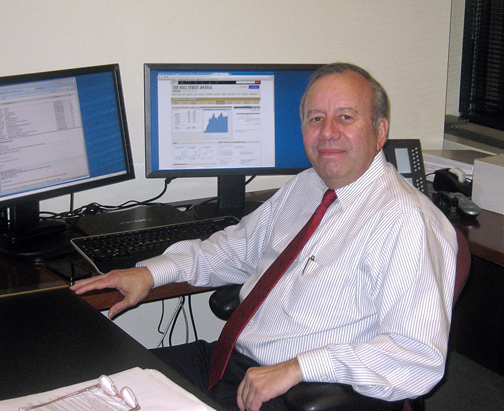
It was two weeks ago that Puerto Rican banking veteran José Ramón González took over the helm of the Federal Home Loan Bank of New York, an institution that is one of the main driving forces behind the island’s financial district.
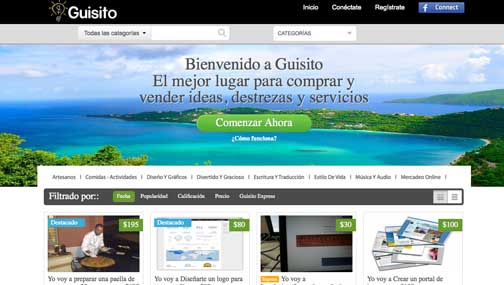
Everybody knows that Puerto Rico’s economy is tough and finding a job may be no easy feat. And even if you have a job, challenging times such as these often bring out the creativity in people who will turn to their natural or learned talents to make ends meet.
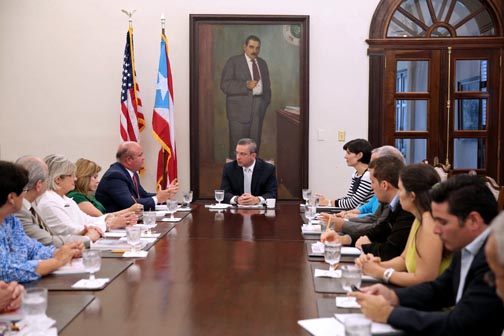
A workgroup comprising public and private sector representatives handed Gov. Alejandro García-Padilla a report containing 34 recommendations Sunday to tackle Puerto Rico’s low labor participation rate, brain drain, the aging population and the underground economy.
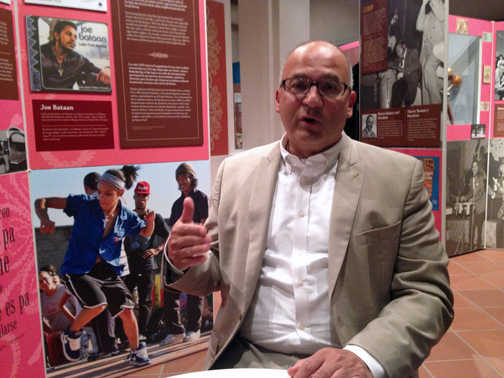
Ford Motor Company has been a member of Puerto Rico’s consumer culture for decades, putting tens of thousands of vehicles on local roads. But over the past five years, the automaker has also inserted itself into the island’s community in a different way — investing in nonprofits to drive education and prevention programs.

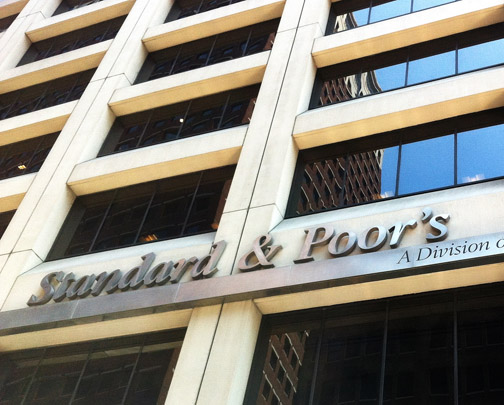



NIMB ON SOCIAL MEDIA